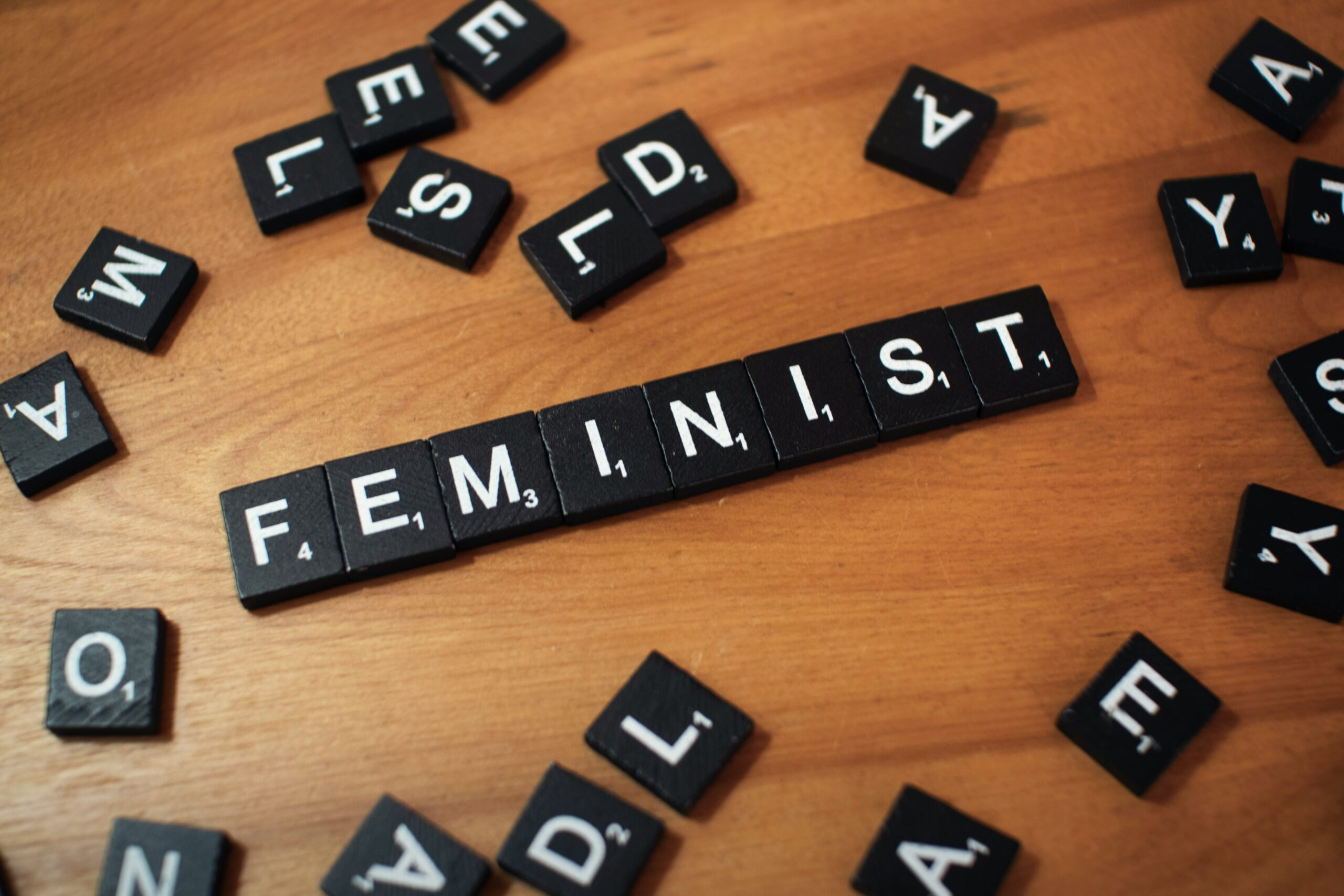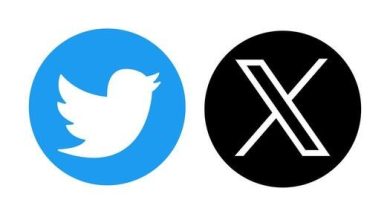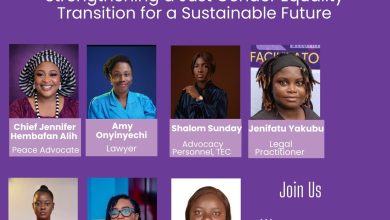
|
Getting your Trinity Audio player ready...
|
The last time I was at my lover’s place, their friend played an album that caught my attention. When I got home, I wanted to re-listen and properly evaluate the music. Absentmindedly, I opened Spotify, tapped the search button, and typed “Hood Feminism” instead of the album’s “Hood” XYZ name. As expected, I instead found an interview of the author, Mikki Kendall on the Breaking Down the Patriarchy podcast.
However, I decided to listen to the episode with V, the author of Vagina Monologues instead. I have read it multiple times and surprisingly, it had never crossed my mind to seek out interviews with/of her. In that episode, the host, Amy McPhie Allebest, shared how her cousin had encouraged her to read it. At the time, she wasn’t fully immersed in feminist ideologies and was put off by the title. I found this interesting—and motivating—because now she hosts an entire podcast dedicated to feminism. It made me reflect on my own journey, on how I came across Vagina Monologues and how my feminism has evolved over time.
I can’t remember the exact year or what I had posted, but I do remember a Facebook friend suggesting I read Bad Feminist by Roxane Gay. I was completely sold. To this day, I always recommend it to anyone struggling with taking the feminist tag. After finishing it, I remember feeling eager to learn more and through books specifically. I googled on feminist literature to read, chose a random list and started reading, and eventually encountered Vagina Monologues.
Looking at my growth, from reading that one book to now being unable to count the feminist literature I’ve consumed, I realize how much I have underestimated the ways this exposure has refined my opinions and solidified my stance. For a time, I avoided calling myself a feminist. I feared the backlash, the assumptions, the constant need to explain. But the more I navigated life, the clearer it became that my gender shaped my existence in ways I could not ignore. I would challenge these inequalities, push back against sexist remarks, question the biases that governed interactions and whether or not I claimed the label, my actions aligned with feminism. And I got the backlash anyway.
One thing I’ve found effective is flipping the script when people ask, “Are you a feminist?” Instead of answering outright, I ask them, “What does feminism mean to you?” Nine times out of ten, that ends the conversation. The people who come armed with hostility often have no real understanding of feminism beyond the shallow caricatures they’ve been fed. If someone insists, “Feminists don’t marry,” it tells me everything I need to know about the depth of their thinking. At that point, I can decide whether the conversation is worth my energy, rather than giving them a chance to vilify me without even defining what they mean by feminism.
Ultimately, I’m learning that being a feminist is a process. Years ago, I thought it was perfectly acceptable for a woman to propose. Now, I see it differently. While I still support women making such bold choices, I also understand that society places an immense burden on women when it comes to marriage. More often than not, a woman proposing isn’t an act of empowerment but a reflection of desperation to secure marriage, an institution that has historically benefitted men more than women and so I reject that centering of men in any woman’s life. Likewise, I once had no issue with surrogacy and consensual sex work. But as I got deeper into feminist critiques of capitalism and structural bias, I began to see these practices in a new light. Consent under capitalism is a complicated thing. When economic systems exploit the most vulnerable, “choice” becomes a loaded term. Many women don’t truly have a choice; they are forced into these roles due to financial necessity, rather than genuine autonomy.
When I found myself conflicted about ‘Twitter feminists,’ reading Mona Eltahawy affirmed something I had already begun to feel: my anger was justified. That bitterness and frustration weren’t irrational, instead they were natural responses to the relentless violence, oppression, and exploitation of women. When femicide is a global crisis, when gender-based violence persists despite centuries of activism, when women are still debating their basic rights. Why should I be polite? No woman has ever been spared misogyny by decorum and politeness.One of the biggest criticisms of modern feminism is that it has become synonymous with misandry. But the idea that feminists “hate men” is nothing more than a reactionary myth designed to discredit the movement. What people perceive as misandry is often just women expressing anger. Anger that has been historically suppressed, ignored, and dismissed.
Men have had centuries of being allowed to be angry, to legislate their anger, to justify war, oppression, and violence in the name of their emotions. But the moment women articulate their rage, it’s framed as hysteria, misandry, or irrationality. Feminism is not about hating men; it’s about resisting the system that privileges them at our expense. And if that resistance makes us bitter feminists or misandrists, in the eyes of those who benefit from patriarchy, then so be it.
There is no perfect way to be a feminist. As Roxane Gay said, “I am a bad feminist. I would rather be a bad feminist than no feminist at all.” Feminism is not about performing an idealized version of activism often dictated by misogynistic men. It is messy, full of contradictions, and constantly evolving. The perk of being a bad feminist is freedom. Freedom from needing to be the perfect activist. Freedom from having to cater to men’s comfort. Freedom from endlessly explaining why our existence is valid. It allows us to be human —to learn, to make mistakes, to grow. Allowing feminism to be reduced to a slur only benefits those who wish to suppress it. The real trap is letting their distortions keep us from the fight. If you don’t like the way some feminists do it, then do it your way. What matters is that you do it. Everything you lose on the way, whether it’s friendships, male approval, or outdated beliefs was never truly good for you. So, embrace imperfection. Keep learning. Keep questioning. Keep resisting. Because you are, at the very least, still fighting.






